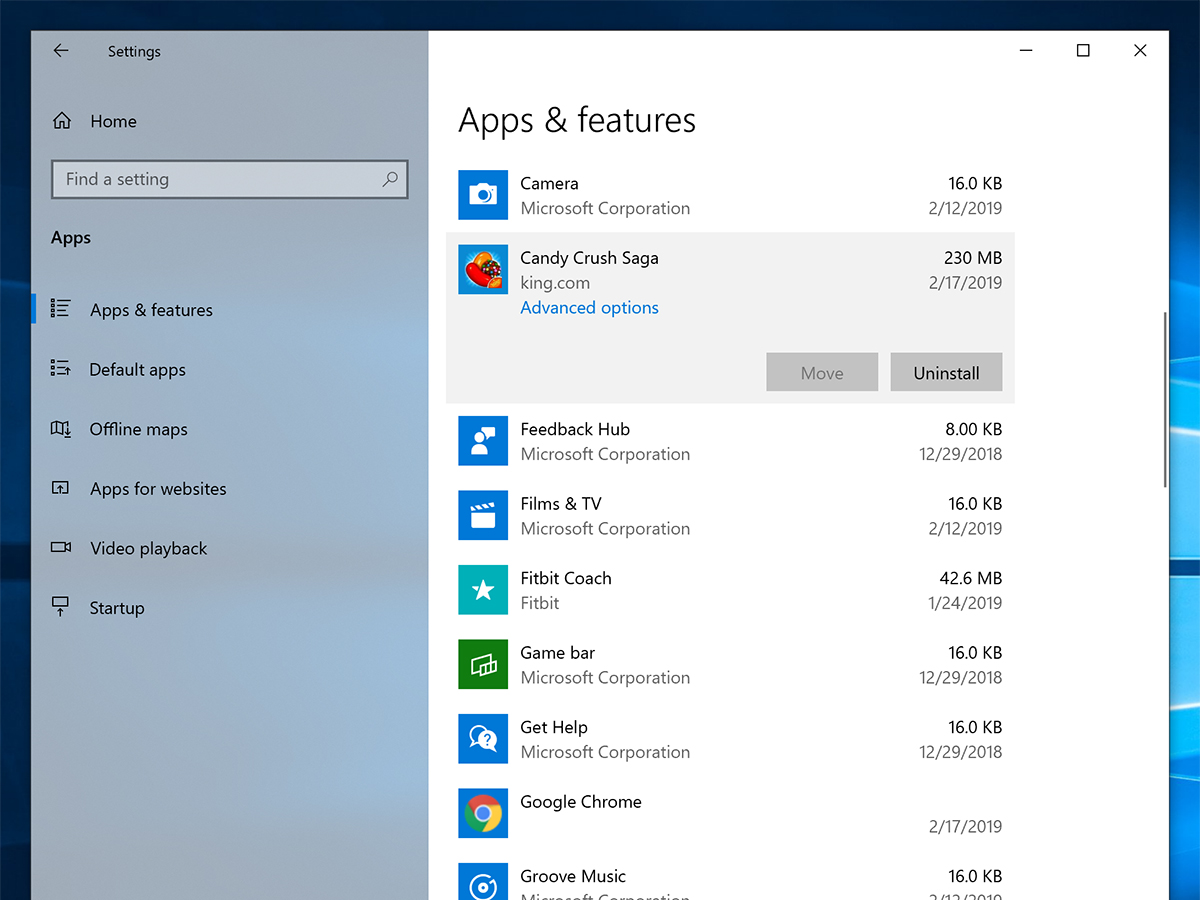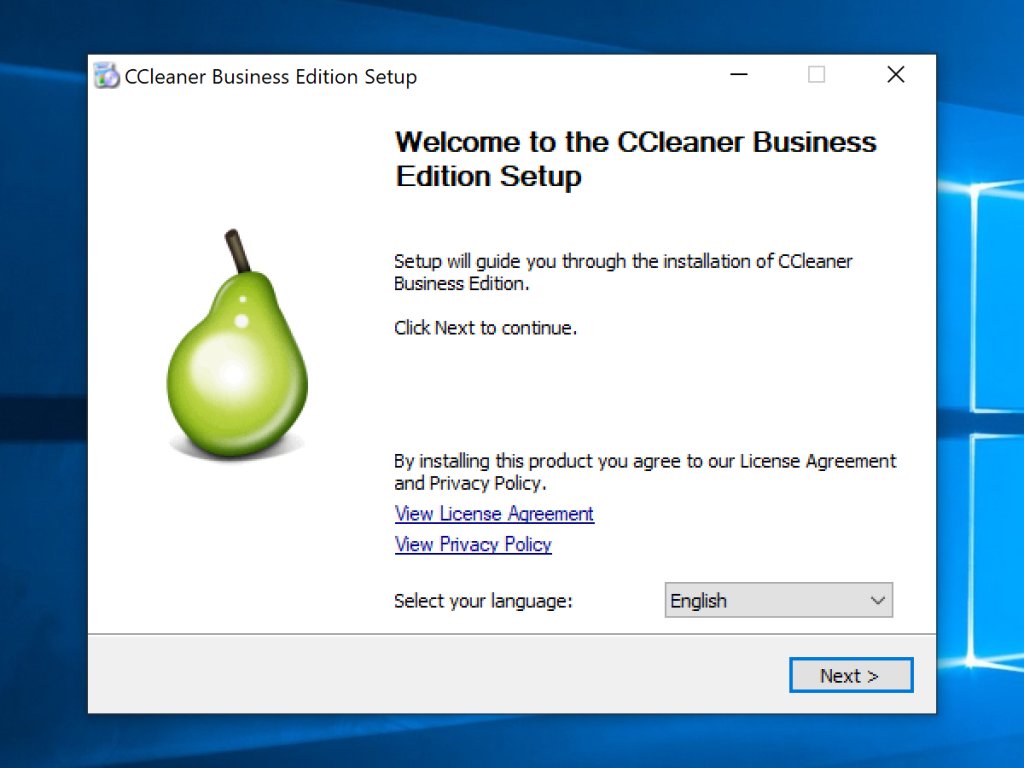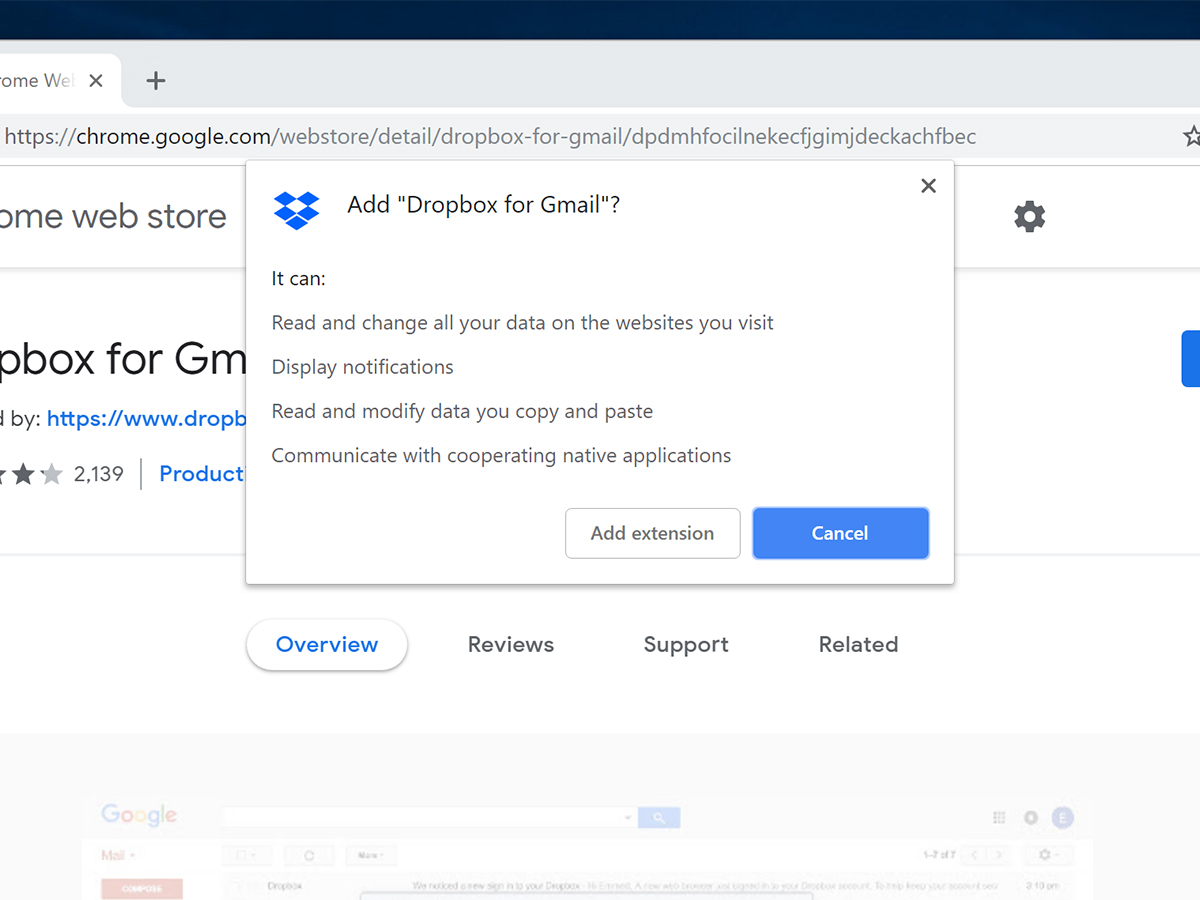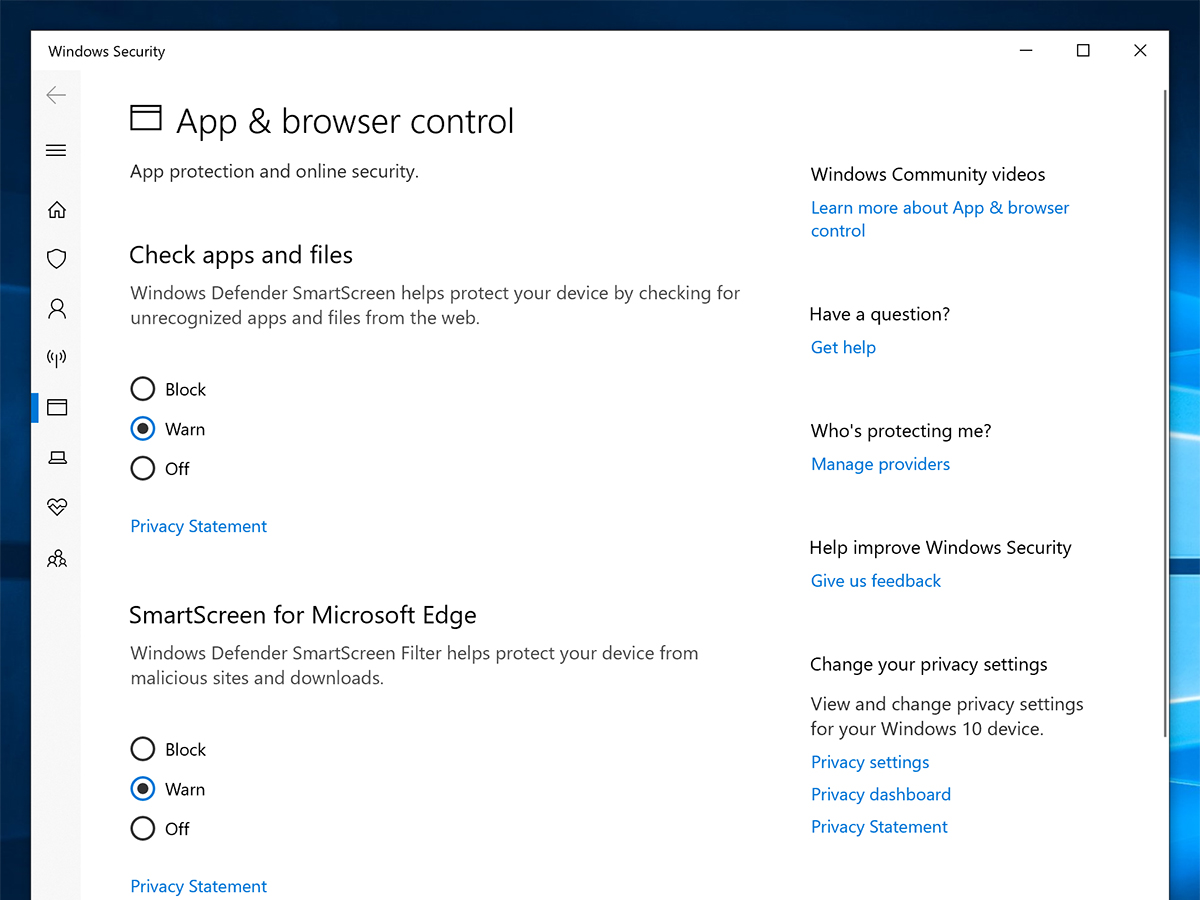

The fewer applications you’ve got on your laptop or desktop, the better—it means more room for the apps you actually use, less strain on your computer, and fewer potential security holes to worry about.
Taking some time to remove bloatware—pre-installed programs you don’t want on your device—is only the first step. After that’s done, it’s important to ensure your computer doesn’t get cluttered up with unwanted software in the future. Once these two tasks are completed, you should find your cleaner, more lightweight operating system runs a whole lot smoother.
Banish the bloatware

Your shiny new laptop might already be weighed down by unnecessary applications. These are called bloatware, and to expand on the brief definition we offered above, they’re basically the laptop manufacturer’s attempts to push its own services. Some can be useful, but you don’t have to keep them around if you don’t want to.
On Windows, click the Settings cog icon on the Start menu, then choose Apps. Next, click Installed apps (Windows 11) or Apps & features (Windows 10) to see a list of all the applications on your system. Removal is easy: on Windows 11 click the three dots to the right of an app’s name and pick Uninstall; on Windows 10 just select any one and hit Uninstall. Most programs can be erased this way, though some can’t be removed.
Bloatware is less of a problem on macOS devices, but you might not want to keep all of the programs Apple includes. You’ve got a few different options when it comes to uninstalling programs from macOS.
You could open up the Applications folder in Finder, and then drag the app icon down to Trash to remove it from your system. Alternatively, open Launchpad from the Dock or the Applications folder, click and hold on an app icon until it starts shaking, then tap the little X icon that appears on it.
Be careful with installers

Plenty of programs will attempt to install extra software while you’re working your way through the initial setup process. Not only will this add extra clutter to your system, it can also be risky from a security perspective—you’re granting access to apps you haven’t fully vetted.
The only way to really guard against this is to pay attention as you install new software, and don’t zone out while clicking the “next” buttons until you’ve reached the end. Watch out for boxes that are checked by default and effectively give permission for the program to install extra software.
[Related: Questions to ask when you’re trying to decide on a new app or service]
You should also be careful about the software developers you trust to install applications on your laptop. There are many honest and reputable smaller developers out there, but always do diligent research before downloading and installing something new: check the history of the developer, and read reviews of the app from existing users.
To be on the safe side, limit yourself to installing apps from the official Microsoft and Apple stores whenever possible—these programs have been vetted, and shouldn’t attempt to install anything extra. On Windows, choose Microsoft Store from the Start menu; on macOS, click the App Store icon in the Dock.
Lock down your browser

Your browser is your laptop’s window to the web, so you’ll want to make sure it’s shored up against apps and extensions that surreptitiously install themselves. Keeping your browser updated is the first step, but thankfully modern browsers take care of that automatically (so long as you close all your tabs and restart the browser every once in a while).
Avoid agreeing to install any add-ons or plug-ins you don’t immediately recognize as programs you opted to download. If you’re in any doubt, navigate away from the page you’re on or close the tab.
Watch out for extra toolbars appearing in your browser, or browser settings (like the default search engine) changing without warning—you can always head to the extensions settings page in your browser to remove add-ons you’re not sure about.
When you install a new extension in your browser, you’ll get a pop-up explaining the permissions it has—the data it can see, and the changes it can make to your system. Don’t install any extras on top of your browser without double-checking the developers behind them and reading reviews left by current users.
Practice good security

To maximize your protection against applications that would install themselves without your permission, we recommend installing an antivirus package whether you’re on Windows or macOS—you can find a variety of independent reports online to point you towards the best choices. These packages typically include dedicated tools that watch for unexpected software installations.
If you’re on Windows, you can make use of the built-in Windows Defender software that comes with the operating system and specifically checks for the installation of authorized apps. On Windows 11, open Settings, click Privacy & security, then Windows Security, Open Windows Security, and App & browser control to make sure the feature is enabled. If you’re still using Windows 10, open Settings, then click Update & Security, Windows Security, and App & browser control.
[Related: How to make sure no one is spying on your computer]
Be very careful when installing anything you’ve found on the web. Double-check you’re accessing it from a trusted website—in the case of Office 365, for example, download it straight from Microsoft rather than a third-party website. If you are downloading applications from the internet, make sure the file you’ve got matches what you thought you were getting.
The same goes for email attachments or links sent over social media—know the warning signs of phishing and other email-based attacks. If someone sends you something you weren’t expecting, whether it’s a document or a download, check the email address (the account may have your brother’s name, but if the email address is unfamiliar, step away) before opening anything.
This story has been updated. It was originally published on February 27, 2019.
